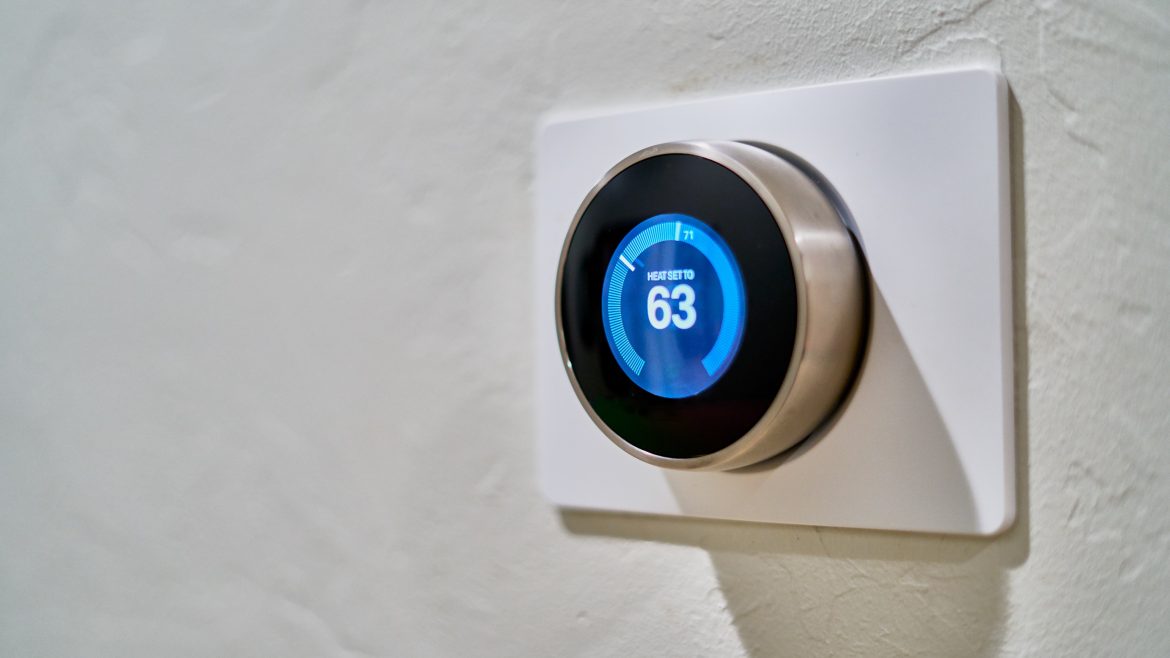How to Prepare Your Home for Winter & Reduce Your Heating Bill
How to Prepare Your Home for Winter & Reduce Your Heating Bill
The thought of winter around the corner isn’t always pleasant, but there are a number of ways you can lessen the stress that comes along with colder weather. Something you might want to consider is ‘winterizing’ your home, which will keep it at optimal condition throughout the season and also help you save on your heating bill. Here are a few ways you can prepare your home for winter and reduce your heating bill:
Use weatherstripping around doors and windows
Weatherstripping around doors and windows not only keeps chilly drafts out, but it also prevents energy-wasting air leaks. It’s a simple and cost-effective way to keep the hot air in, and the cold air out. You can pick up a weatherstrip kit at your local hardware store and install it yourself.
If you are already use weatherstripping around the house then it’s worth it to double check that it’s still in good condition. Wear and tear on weatherstrips and door sweeps could allow that cold air to seep in.
Opt for heavier drapes and rugs
If you’re really serious about preserving the heat in your home then you might want to consider investing in heavier drapes and rugs. Cold floors will have you rushing to turn up the heat, but a rug can certainly lessen this uncomfortable concern.
As for drapes, good quality material can help seal in a draft. And if you really want to take it to the next level then there are even insulated curtains you can purchase. These will certainly have a positive impact on your heating bill.
Consider a water heater blanket
If you have an older hot water tank, chances are, it’s not insulated. Uninsulated hot water tanks are subject to standby heat losses which will contribute to your heating bill. Investing in a pre-cut jacket or blanket for your hot water tank can save you money on your bill. With the money you’ve saved, this inexpensive hack will pay for itself in about a year.
Inspect roof, gutters, and down sprouts
Protect your home from unruly weather by checking these three things: your roof, gutters, and downsprouts. If there’s a need for extra insulation in the attic, it will prevent warm air from creeping in and causing ice dams. Worn tiles or shingles should be replaced and gutters and downspouts should be cleared of debris. You can even go the extra step and install leaf guards on the gutters or extensions on the downspouts to direct water away from the home.
Prepare an emergency kit
Make sure you are always prepared for a power outage. Stock your cabinet with nonperishable food supplies, blankets, candles or flashlights, and a first aid kit, just in case. Another great tip is to have the phone numbers for your utility companies on hand, so you can give them a call if you need to.
Inspect furnace and fireplace
Last but certainly not least is to call an HVAC professional to inspect your furnace and clean the ducts. It’s very important to ensure everything is in working condition before the cold weather hits.
You might also consider investing in a programmable thermostat, which can keep a consistent temperature in your home as well as help you save on your energy bill.
Get your fireplace ready by making sure your chimney is properly cleaned. It’s good practice to cap or screen the top of the chimney and inspect the fireplace damper as well.
Winter can be rough, but it doesn’t have to take a toll on your home. Try a few of these tips and see how they work for you this season.
Get ready for winter with RHMH’s pre-season maintenance package that includes hot water tank and furnace service.



